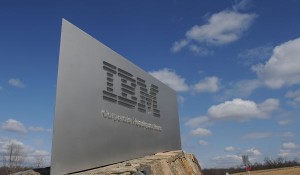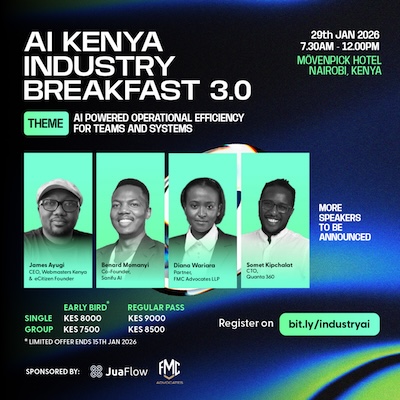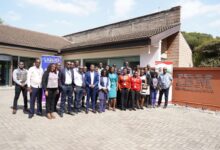
IBM Research Africa is piloting a data collection and analysis programme in schools in Mombasa County to assist the Kenyan Government in addressing education challenges.
Working with over 100 schools in Mombasa County, IBM has partnered with RTI International a leading non-profit research institute, in developing and testing intelligent systems for data capture and decision support to improve accountability and transparency.
The project is designed to support the Kenyan Ministry of Education Science and Technology in a data collection initiative.
Teachers, head teachers, school principals and administrators will also be equipped with tablet devices to capture data about students, classrooms, and school resources. The programme intends to capture the impact of the environment on learning through the use of applications such as GPS, light intensity sensors, cameras, and accelerometers among others to monitor attendance, classroom conditions and its impact on learning.
“In the past, head teachers, government officials and aid agencies across Sub-Saharan Africa have struggled to make informed decisions about how to invest in and improve education,” said Dr. Kommunnist Weldemariam Research Scientist, IBM Research – Africa.
IBM and RTI scientists will use big data analytics and cognitive technologies to analyze the data and provide indicators that establish school profiles and progress and provide actionable recommendations about the county’s education system at a granular level.
The activity is part of the United States Agency for International Development’s Education Data for Decision Making (EdData II) project.
The researchers are as well developing a Big Data application tool known as the School Hub that will help them collect real time data and come up with real time solutions to address some challenges in the education sector.
“Often education data is incomplete, inaccurate and sometimes even deliberately misreported. Using analytics and cognitive technologies, we are creating a school census hub which will minimize the effort, expense and error in collecting valuable data about attendance, performance and resources at schools. It has the potential to completely change our understanding of the situation on the ground and what needs to be done to improve it and improve the outcomes for children,”
On why the researchers had chosen to start with Mombasa County, Dr. Kommy, said that Mombasa County offered a diverse of opportunity to carry out the research. “Mombasa County gave us just the estimated number of schools we needed, the right Geographical area being a little bit small in size as well as offering us both the urban and rural touch of the schools, so we could really tell the challenges both schools face.”
IBM Research is at the exploration phase of the program that aims to use technology to improve understanding of educational challenges in partnership with RTI International, a non-profit institute that provides research, development, and technical services to governments.
Currently the government relies on data such as performance in national exams and insufficient information from the schools, including class registers that capture data on school attendance which takes a long period to get analysed and decisions or identify some challenges the school faces.
With the fresh data collected, IBM hopes that the specific needs will be targeted in allocation of resources and money released by treasury to schools will put towards specific prioritised needs.
The program once successful in Mombasa will be moved countrywide to benefit the entire public school system.
Apart from education in Mombasa County, the partnership between RTI and IBM Research – Africa will also explore ways of using advanced technologies to capture accurate data about challenges in areas such as healthcare, agriculture, water and education.
Drawing on the power of big data analytics, researchers will provide insight to governments, aid agencies and other organizations who are looking to make more informed decisions about investment and development while having greater visibility of results.
The partnership comes as a rapid rise in mobile and Internet of Things technologies are producing unprecedented amounts of data. In developing countries, mobile phones, digital devices and low-cost sensors connected to improving cellular networks are reaching previously disconnected communities with the potential to produce new insight about how people live and the challenges they face.




